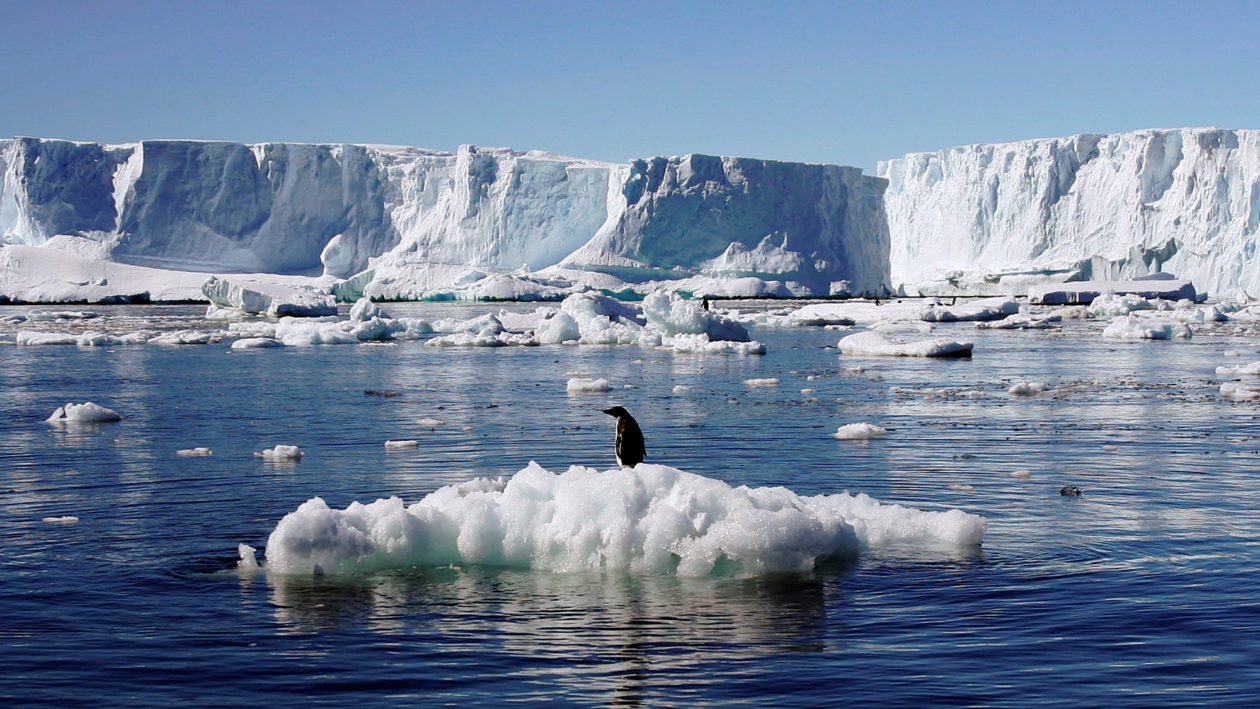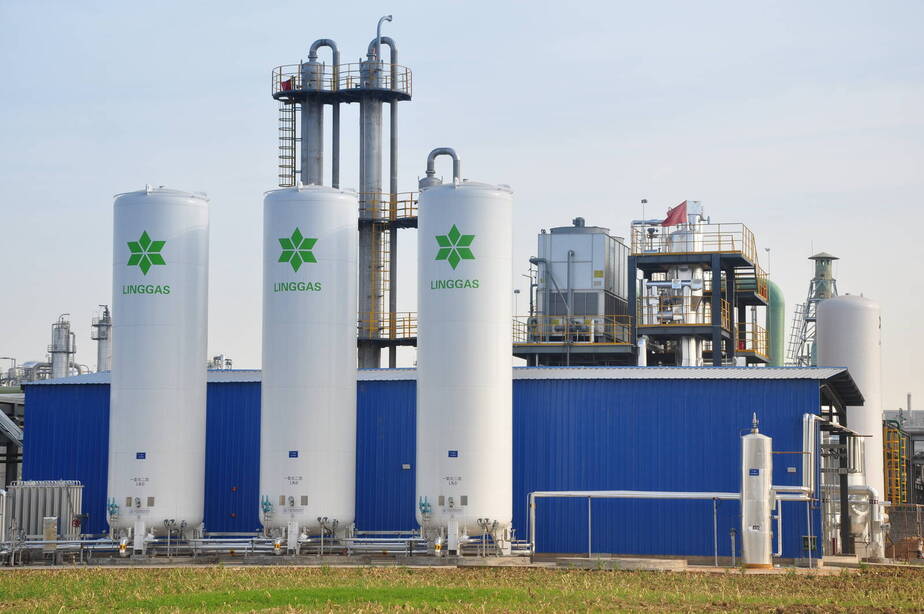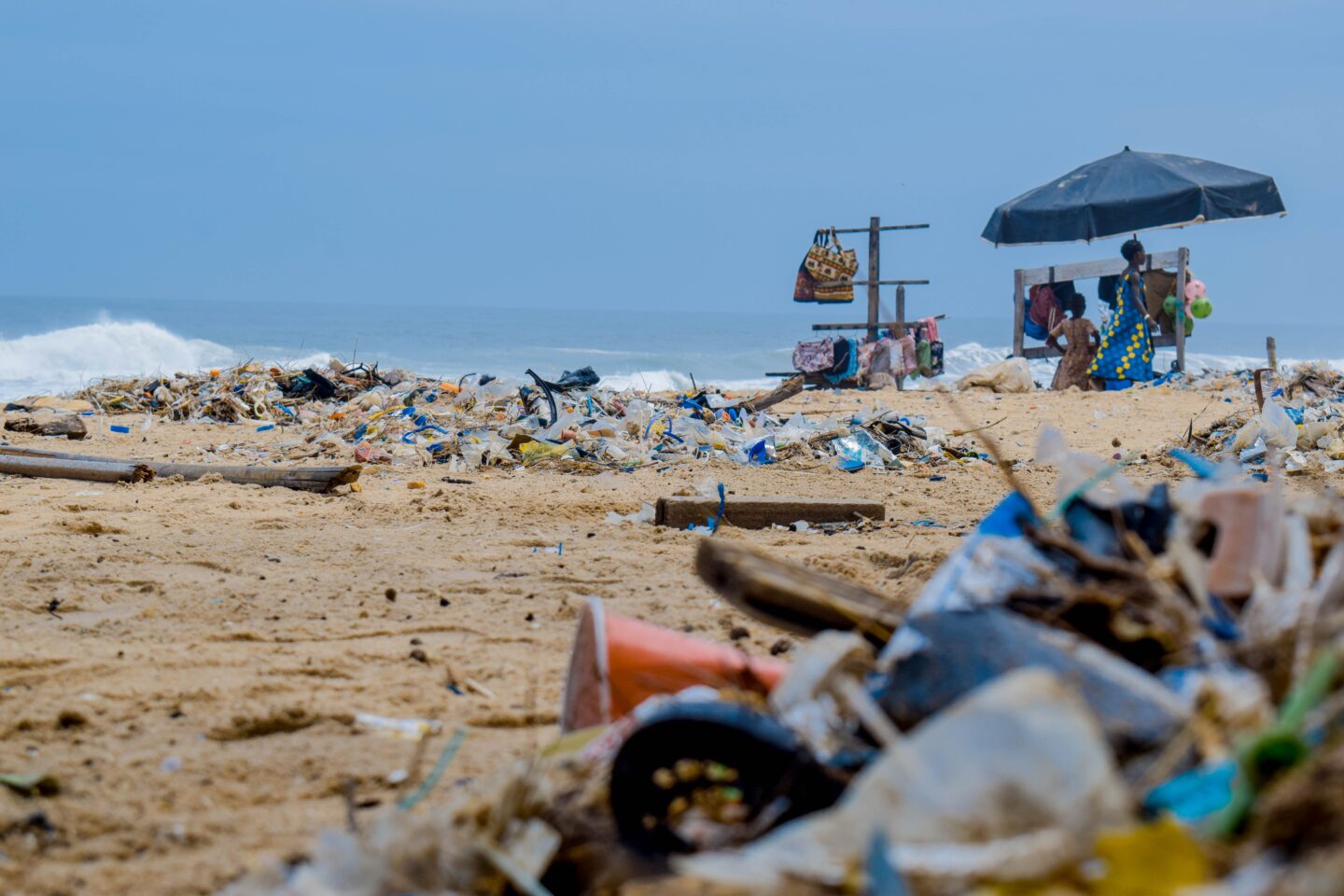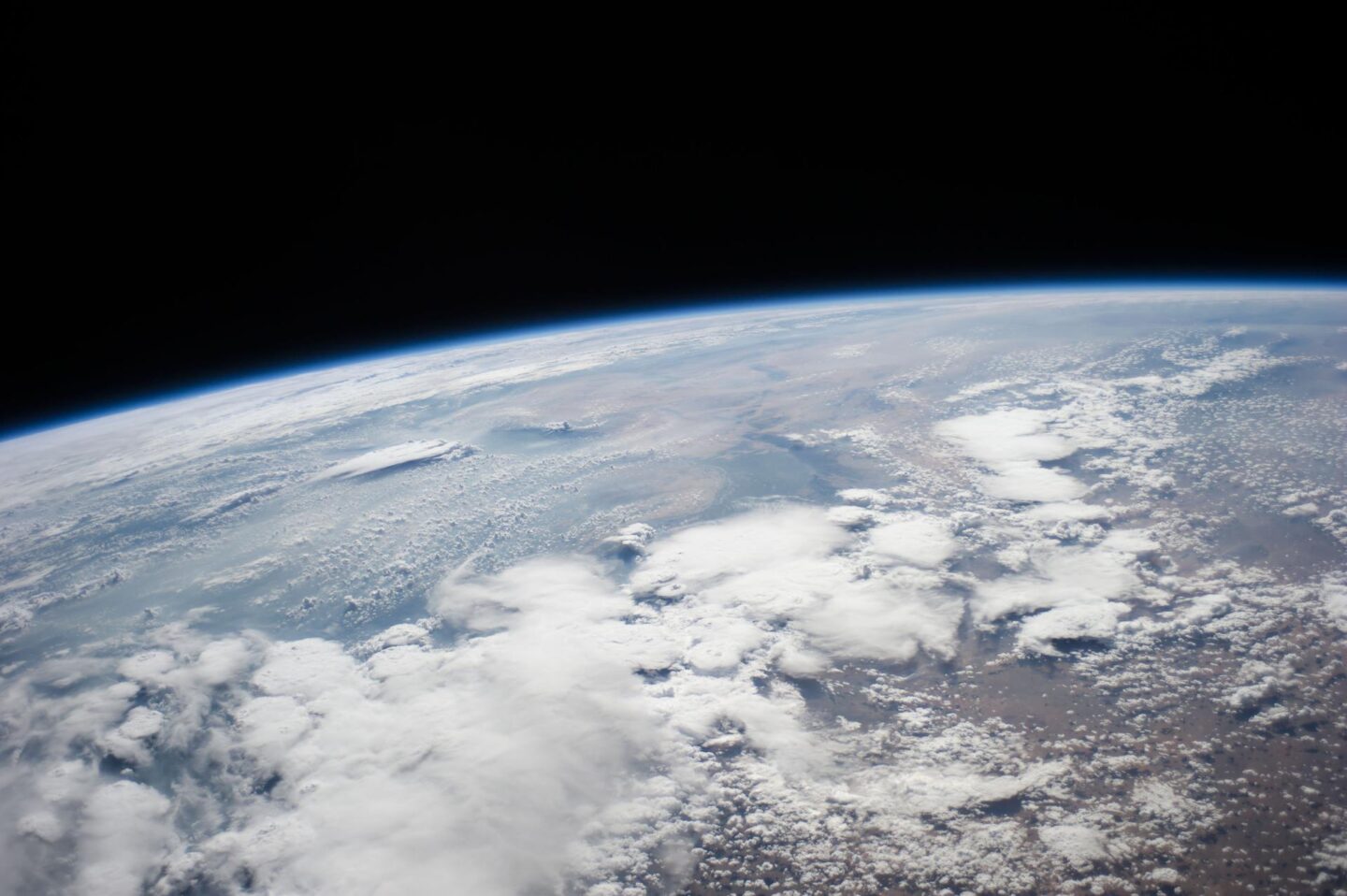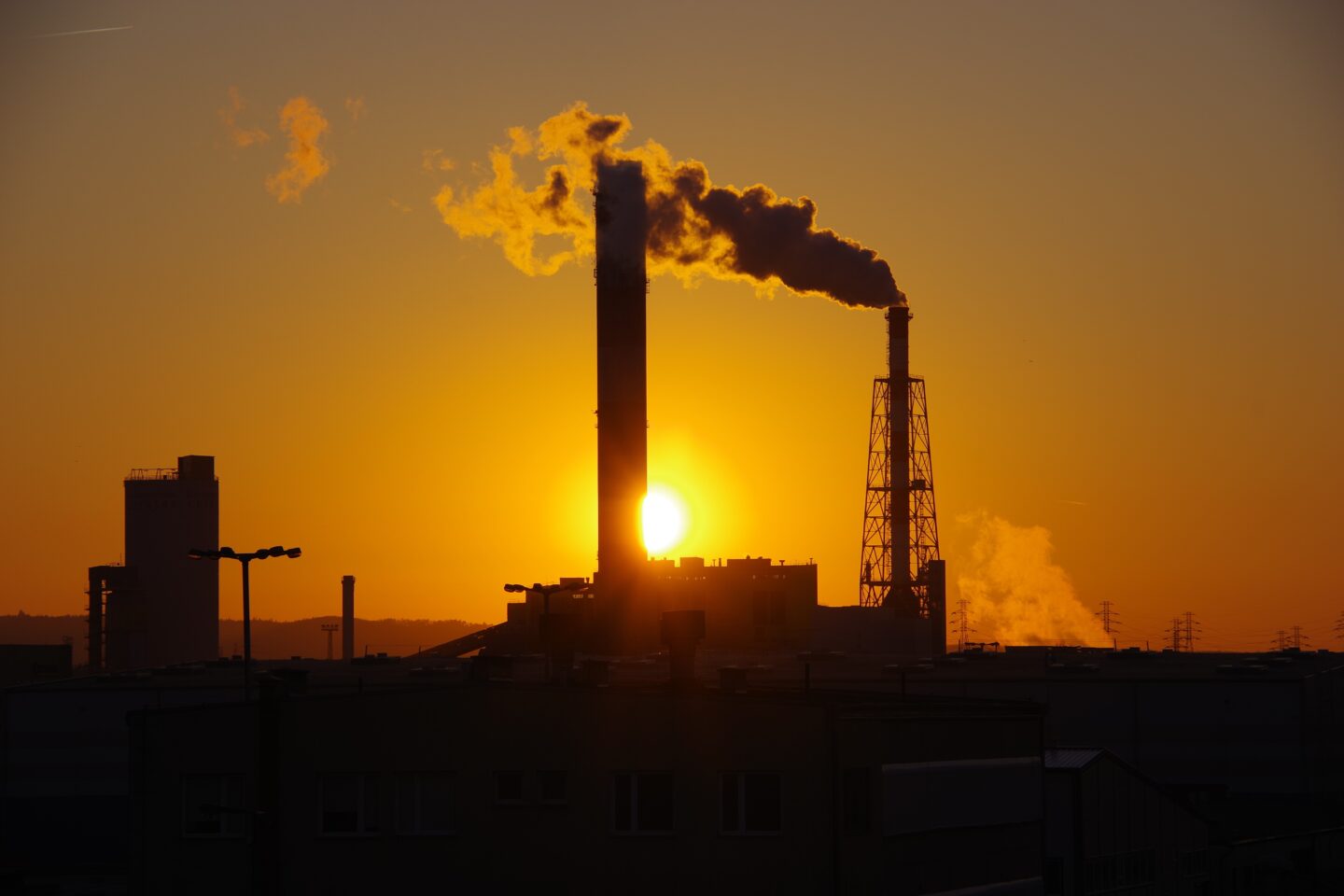Author: Grace Liu ’23
Welcome back to Good News Friday! I hope you’re ready to read some positive picks from recent environmental updates. This week, we’re happy to hear about Japan’s commitment to carbon-neutrality, rebounding bee populations, and an initiative to save coral reefs.
- Japan joins carbon-neutrality: During his first major policy speech, Japan’s new prime minister, Yoshihide Suga, committed the country to carbon neutrality by 2050. Japan is currently the world’s fifth-largest emitter of greenhouse gases, and the announcement comes just weeks after China, Japan’s regional rival, said it would reduce its net carbon emissions to zero by 2060.
According to Mr. Suga, “There’s no question that having to make such a drastic change in the extremely short period of just 30 years is very difficult.” But, he adds, “I’m optimistic.”
2. Bring back the bees: The latest bee colony report released by the U.S. Department of Agriculture shows a 14% growth in bee colony numbers across the nation. Some states report an even more substantial increase. For example, Maine recorded a surprising 73% growth in bee colonies in the past two years. However, some native bee populations are still in decline, so the next step is to figure out how we can protect both honeybees and native bees.
3. Scientists save coral reefs: Scientists with Raising Coral Costa Rica have been cultivating an underwater nursery for corals by snapping off coral pieces from existing reefs. This nursery helps the team test techniques to grow coral and restore ancient reefs in Golfo Dulce, southwestern Costa Rica. While the research helps revive local ecosystems, the group hopes to restore reefs in neighboring countries as well. According to scientist and diver Joanie Kleypas, “It’s exhausting but we’re rewarded with the fact that the corals want to grow … As long as they don’t give up, we won’t.”
I hope you enjoyed our selections this week! Please remember that there are always good things happening in the sustainability sphere if you know where to look. If you’d like to share some Good News with us, submit an article by contacting us.


